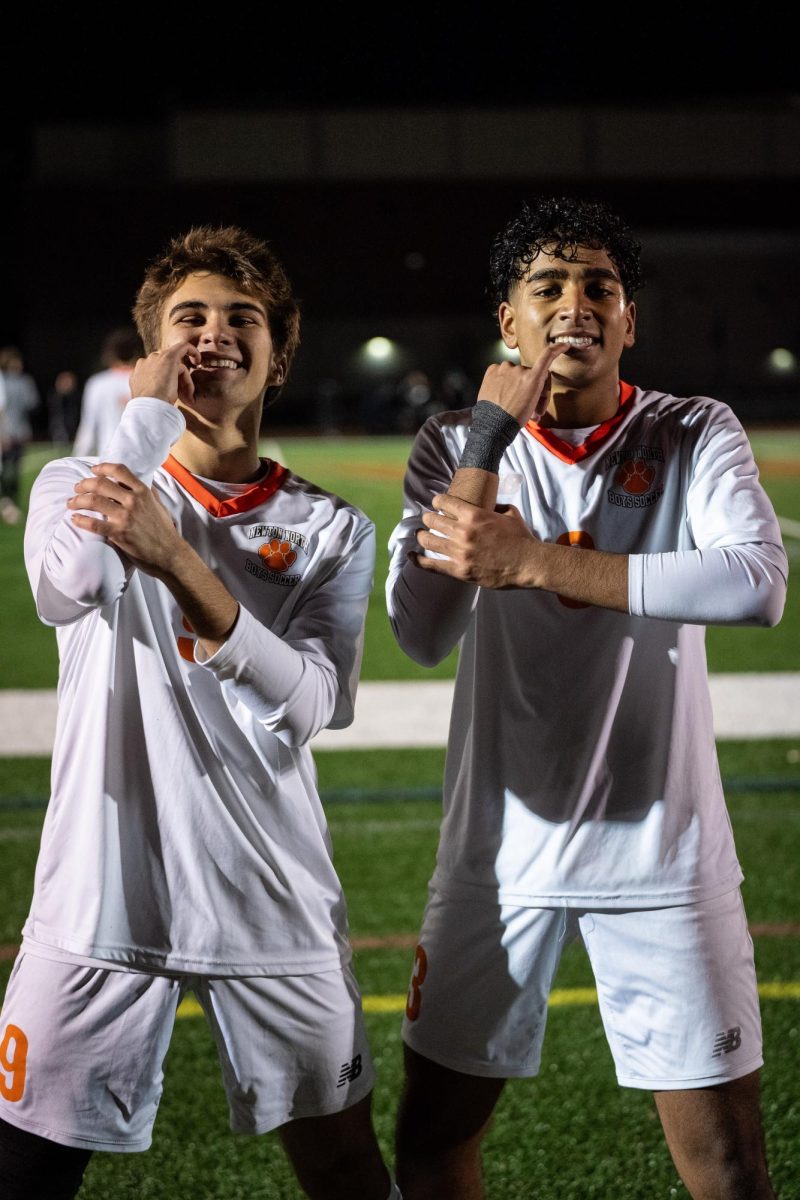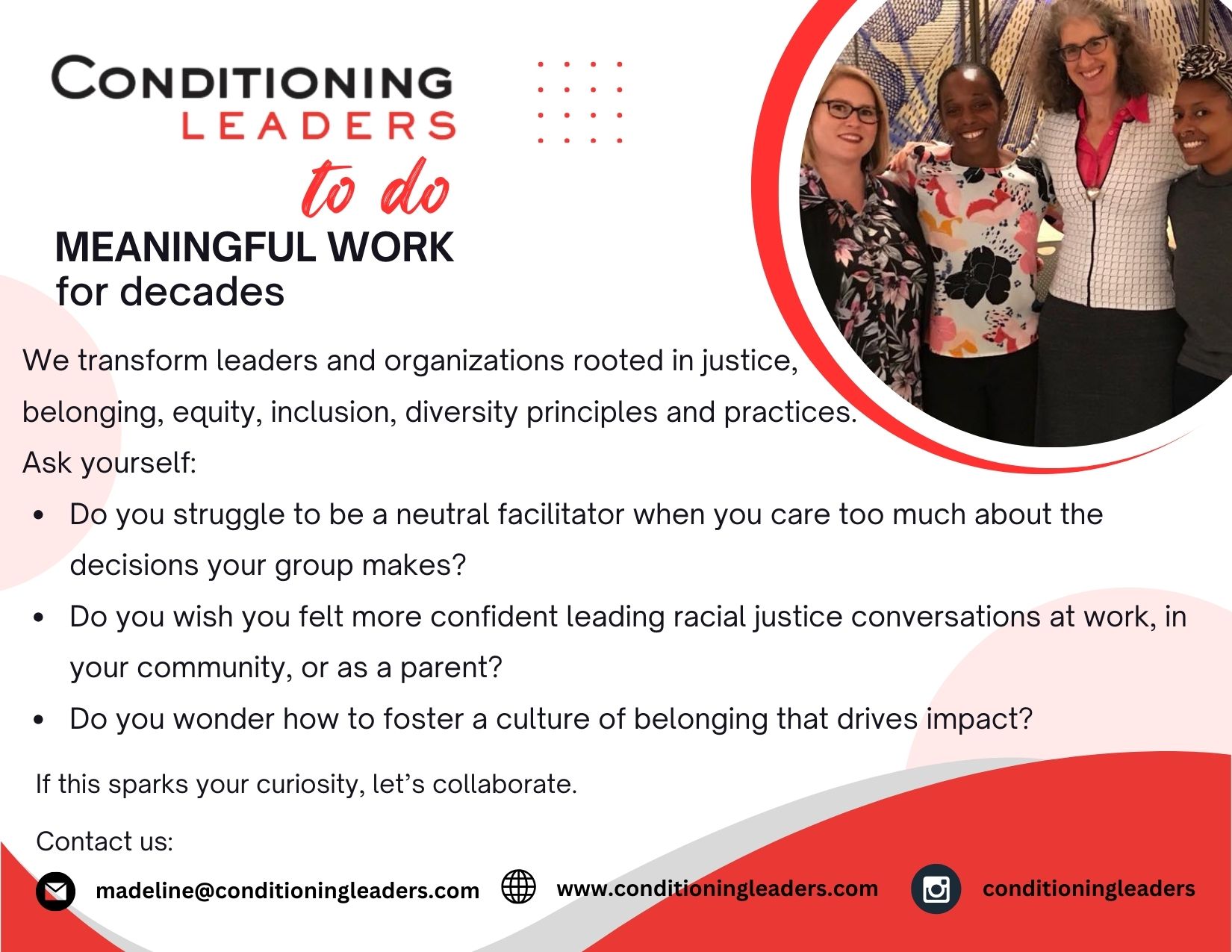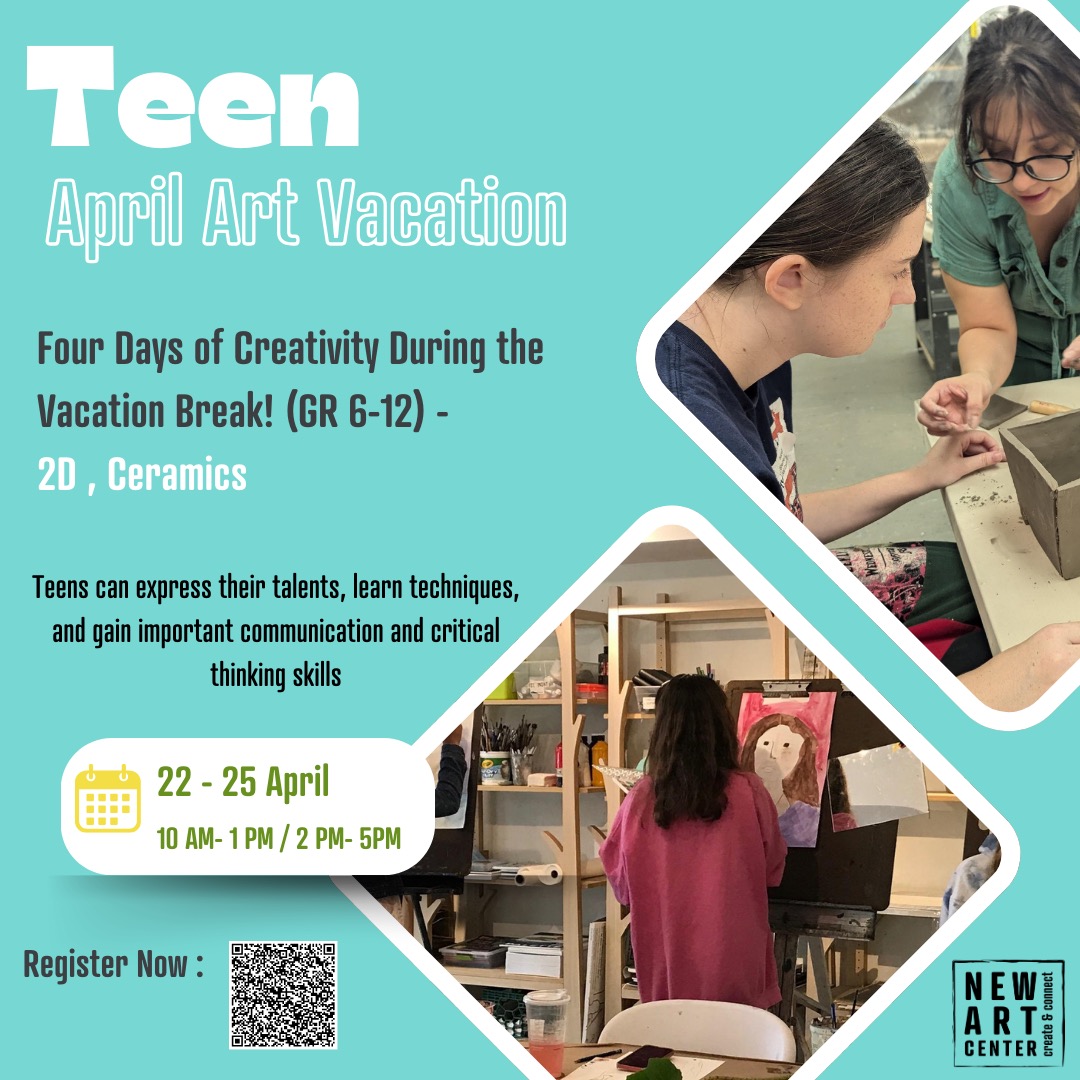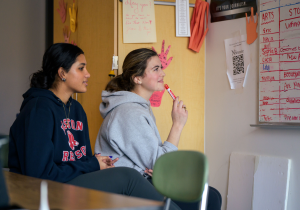FORJ panel addresses banned books, points towards awareness
May 7, 2022
Amid controversy and legislative attempts to ban certain literature in schools across the country, Newton Families Organizing for Racial Justice (FORJ) analyzed the impact that these decisions have on students’ education on a Zoom webinar Wednesday, March 30.
The panel of NPS educators, led by principal Henry Turner, also featured Lorena Germán, Chair of the National Council of English Teachers and the Committee Against Racism and Bias. Germán shared a presentation highlighting how the book banning process fuels the dismissal of certain perspectives, including those on gender, race, and sexual orientation.
“When you ban their books, you ban voices,” she said.
Germán went on to showcase pictures depicting a number of authors often taught in classrooms, books not challenged or banned. The images consisted predominantly of white males.
“We see an obvious pattern of whose voices our nation, and therefore our schools, choose to project. These seem to be the voices that provide for us the viewpoints that we need in order to engage in quality literary discourse,” said Germán. “And all those other ones are ‘problematic’, and ‘should be removed from schools.’”
She added that the same inappropriate content present in modern texts that some take issue with could be found in traditional literature as well.
“What happens to students when they cannot engage in the view of any diverse protagonists? These are voices that are missing when these bannings are met with receptions.”
Brian Baron, Chair of the South English department, agreed and discussed the importance of texts in the development of a young student’s life.
“Stories are what help us make sense of the world, and literature helps kids navigate a really complex environment,” he said. “If we are only giving them one set of perspectives, we aren’t really doing them a service.”
Germán added that it is a professional responsibility for teachers and schools to remain actively flexible with the reading curriculums in order to best accommodate the understanding and development of students.
“We don’t remove the previous books off the shelves, students can grab them if they would like,” said Joelle Pederson, Coordinator of Literacy for the middle schools. “We dismiss them from teaching not with the intent to ban but with the recognition that we can do better.”
The panel also questioned if allowing banned books would force kids to read literature with harder material and deeper subjects, such as potent vulgarity, racism, and sexism.
“I don’t think it’s about the kids potentially seeing harder content, as they have access to all of human knowledge at the click of a finger,” said Baron. “The question is, do we want them to encounter this difficult content via Instagram and TikTok, or do we want them to do it in a mediated setting where we can actually have a discussion in a classroom?”
History teacher David Bedar commented on the importance of the webinar and its reception to the student body.
“As teachers, it is our responsibility to explain that this is what we are [advocating for] and why,” he said. “It’s my hope that more students listen and be reactive.”
According to the panelists, it is important to acknowledge the stripping of voices through the process of banned books now, as NPS could be next.
“Even in Newton, you are not exempt from this.” Germán said.



















































